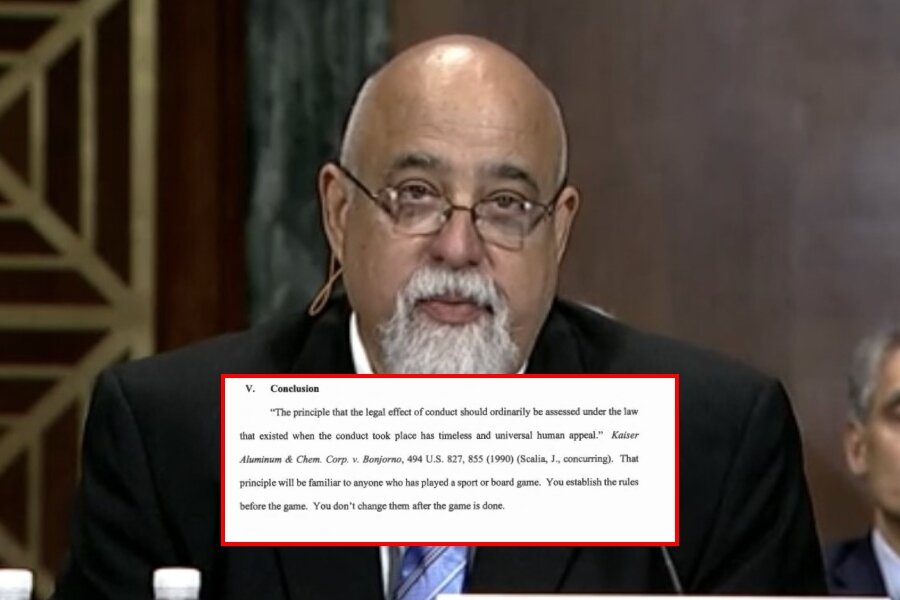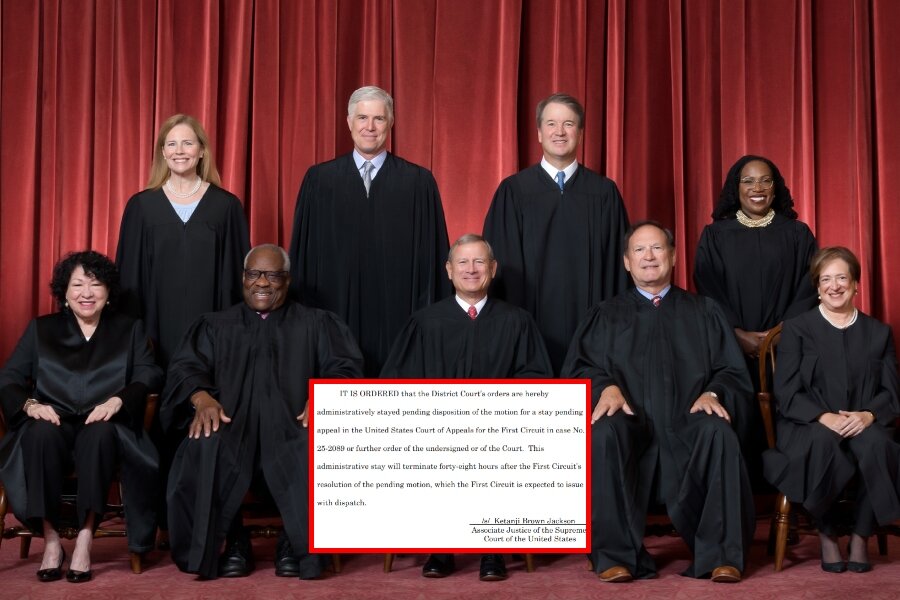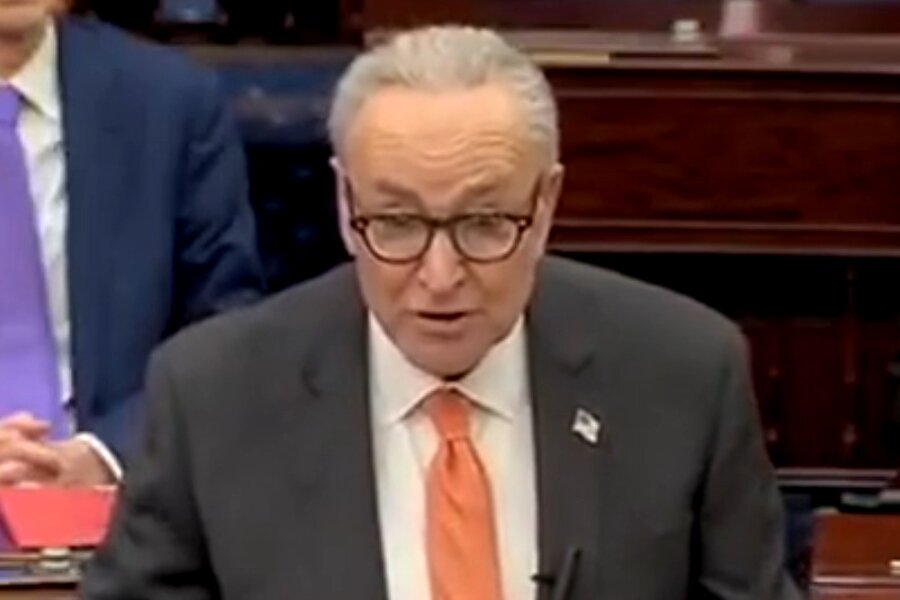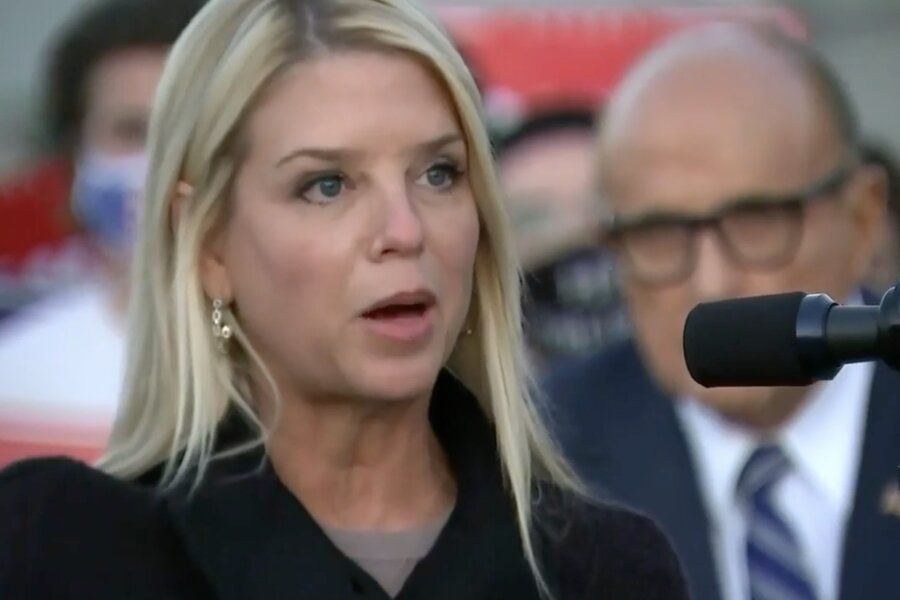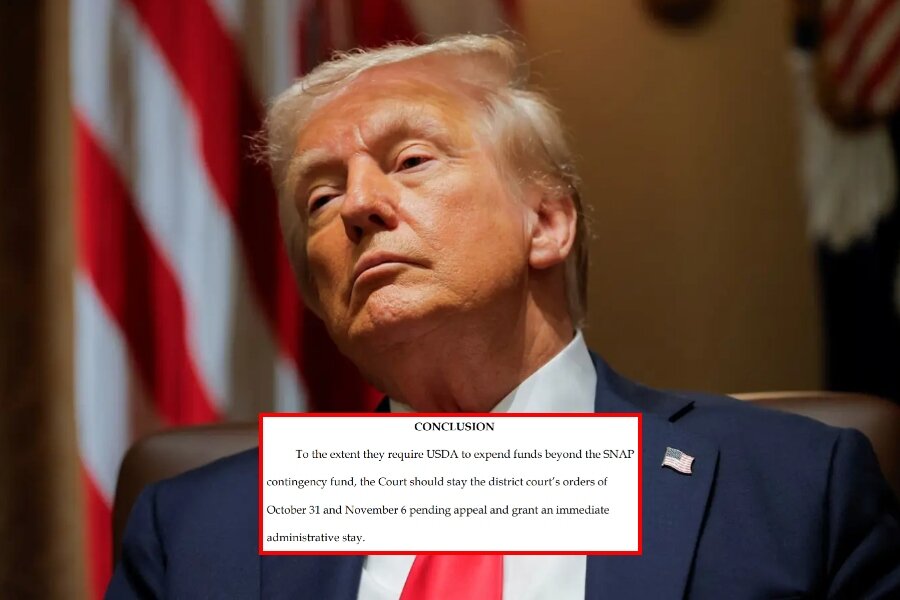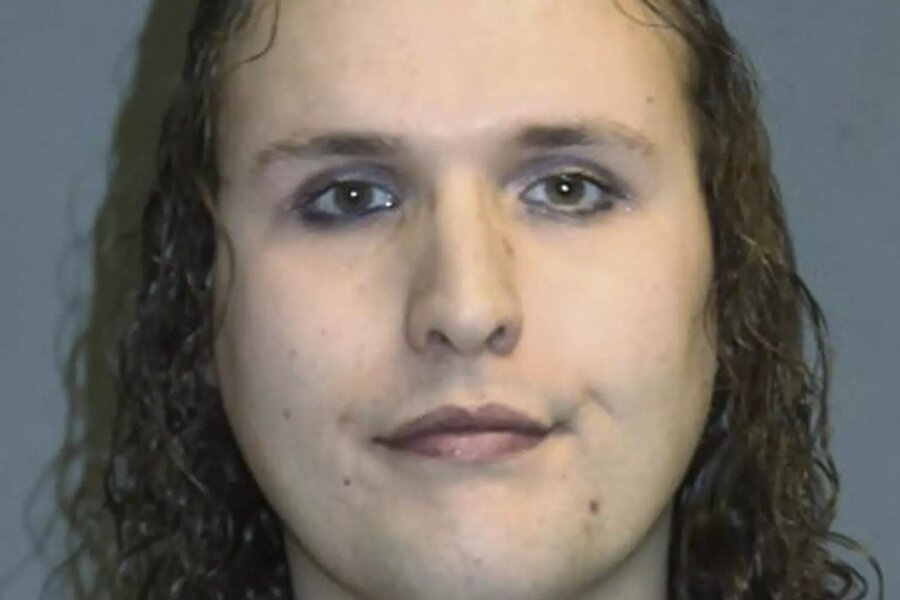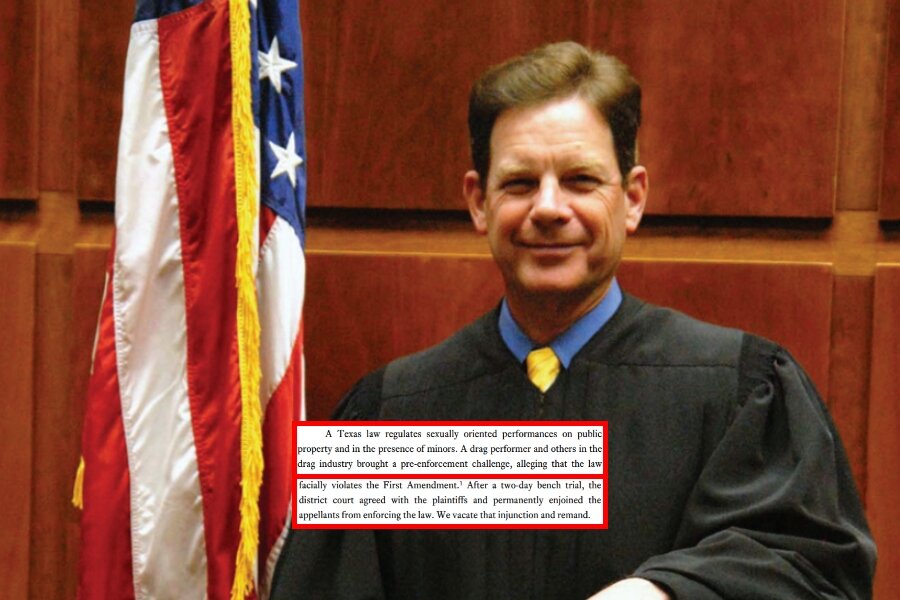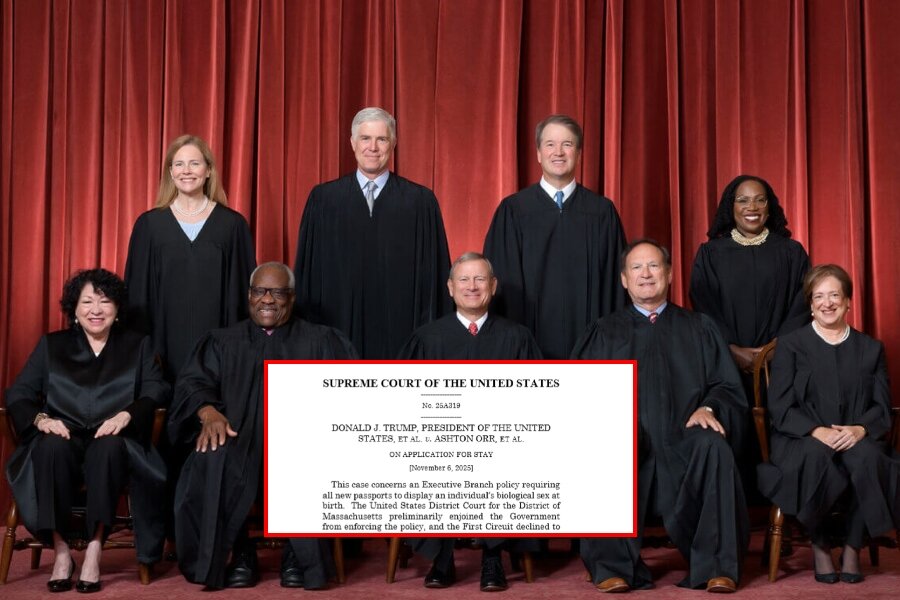A federal judge ordered the North Carolina Board of Elections on May 5 to certify the results of the state’s 2024 Supreme Court election and confirm the victory of Democratic incumbent Justice Allison Riggs after the results were challenged by a Republican judge.
In a 68-page ruling, District Judge Richard E. Myers II ruled in favor of Riggs, dismissing a request for injunctive relief filed by Judge Jefferson Griffin, a Republican who trailed the Democrat by 734 votes in November’s election.
Myers wrote that Griffin cannot “change the rules of the game after it had been played.”
“The court cannot countenance that strategy … which implicates the very integrity of the election and offends ‘the law’s basic interest in finality,'” the judge wrote.
“Permitting parties to ‘upend the set rules’ of an election after the election has taken place can only produce ‘confusion and turmoil [which] threatens to undermine public confidence in the federal courts, state agencies, and the elections themselves.'”
Myers’s ruling comes after Griffin sought to have more than 60,000 ballots that had been counted in the final tally on Nov. 5 thrown out, with the Republican arguing that voters did not provide their state driver’s license numbers or Social Security numbers, as is required when registering under a 2004 state law.
The North Carolina Supreme Court on April 11 rejected Griffin’s bid, writing in its ruling that while the election board’s failure to ensure voters’ registrations conformed with the law was “deeply troubling,” the fault for those defects ultimately lay with the board, not voters.
“Under this Court’s longstanding precedent, mistakes made by negligent election officials in registering citizens who are otherwise eligible to vote will not deprive the citizens of their right to vote or render their vote void after they have been cast,” North Carolina’s Supreme Court wrote in its decision.
Still, the state’s highest court determined that thousands of overseas and military ballots that lacked photo identification as required by state law needed to verify their eligibility within a 30-day period known as a “cure period” or risk having their votes tossed out.
While the board said its plan to comply with the state Supreme Court’s order would impact, at most, 1,675 voters, Griffin contended that several thousand more should be at issue.
Share your thoughts by scrolling down to leave a comment.

